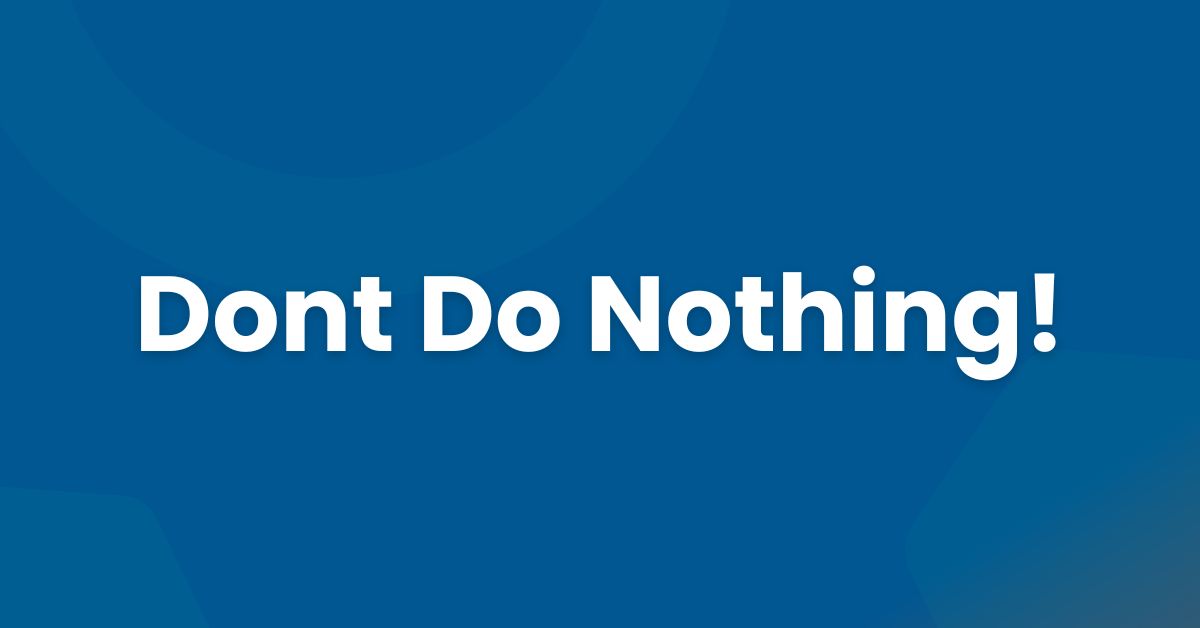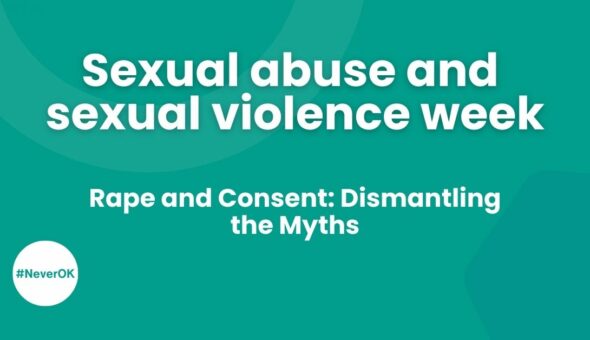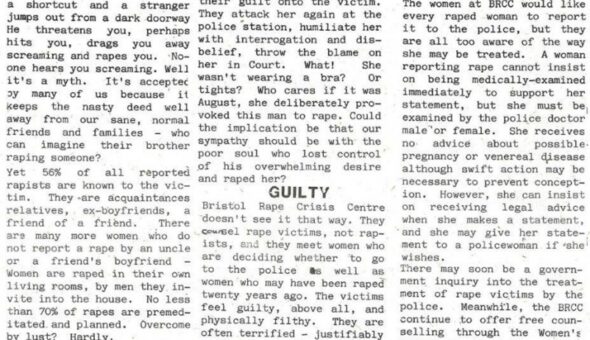Being an active bystander isn’t about being a hero. It’s about recognising when something isn’t right and choosing to act. It’s about doing something, not doing nothing.
At Bath, all new students complete Active Bystander training as part of their student induction. This year, after the training, 95% of students told us they believed their actions could make a difference, which is great. However, feeling confident in theory and taking action in the moment are two very different things. The reality is, stepping in when something feels wrong can be incredibly difficult and feel overwhelming. So, let’s talk about why that is—and why it’s still worth trying.
Why didn’t I do anything?
Most of us want to do the right thing, but when the time comes, doubts can creep in. Maybe you worry that speaking up will make things awkward or you’re afraid of making the situation worse. Maybe you assume someone else will step in. These are all normal reactions. But if we all assume someone else will act, no one does.
The good news is that being an active bystander doesn’t mean having the perfect response—it just means doing something rather than nothing.
So, what should I do next time?
Two important things to remember:
✔ What you do doesn’t have to be big
✔ What you do doesn’t have to be perfect
A lot of people picture bystander intervention as loudly calling someone out or stepping into a confrontation. In reality, it is often the smaller actions that can make as much if not more of a difference and keep everyone safe. This could be choosing not to laugh at a harmful joke, raising an eyebrow at an inappropriate comment, or calmly steering a friend away from a tense situation—these are all forms of bystander intervention.
And if you do choose to speak up directly in the moment? You don’t have to say the perfect thing. You might stumble over your words or feel unsure, but that’s okay. The aim is not to deliver a flawless speech—it’s to disrupt harmful behaviour and support the person affected. Even a small action can change the tone of a situation and show others that certain behaviours won’t go unchallenged.
⚠️ Your safety comes first. Being an active bystander never means putting yourself in danger. Only intervene if it is safe to do so. If you, or other are in immediate danger call the police on 999. Keeping yourself safe is just as important as supporting others.
It might be awkward - but that’s okay.
Let’s be honest—it might feel awkward. But if someone is at risk of harm, or being made to feel uncomfortable, their discomfort is far more important than ours. A moment of awkwardness is a small price to pay for standing up for what’s right.
And, it might not be as awkward as you think. After Active Bystander training, 89% of Bath students said they would ask a stranger who looked upset if they were OK. 90% said they would call out homophobic language in a group chat. While what we think we’d do and what we actually do can be different, these stats show what Bath students want to do, and what they think is the right thing to do. If you speak up, chances are others around you will feel the same way—and might even follow your lead.
The 4Ds in Action
You might remember the 4Ds from training—four different ways to intervene:
- Direct – Speaking up in the moment. This could be a simple "Hey, that’s not okay." or "Are you okay?"
- Distract – Defusing the situation in a subtle way. Spilling a drink, changing the subject, asking for directions—anything that shifts focus.
- Delegate – Getting someone else to step in. This could be a staff member, a friend, or security if needed. After an incident, you could offer to help someone get in touch with the University’s Support and Report service.
- Delay – Checking in afterwards if you couldn’t act at the time. A quick "I saw what happened—are you alright?" can make a huge difference.
In the end
Being an active bystander isn’t about being a hero or having the answer to everything - it’s about recognising when something isn’t right and choosing to act, even in small ways. It takes courage and it takes practise. Whether you speak up, offer support, or get help from someone else, the most important thing is don’t do nothing. The behaviour you walk past is the behaviour you accept.
What will you do next time you see something that doesn’t sit right with you?
Respond




